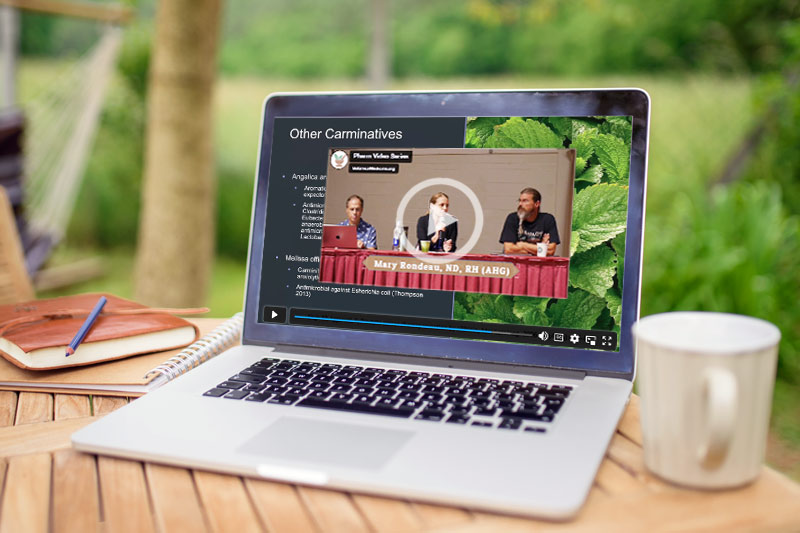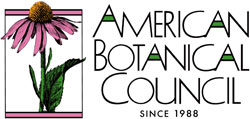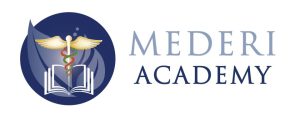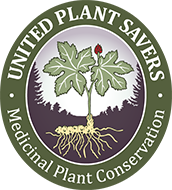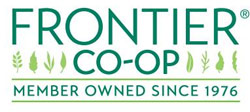A video series for health care providers – with pharmacy hours for naturopathic physicians – bundled together in one discounted package:
- Seven (7) video lectures (1.5 hours each)
- Digital book of notes (99-page PDF)
- Pharmacy continuing education credits for naturopathic physicians
- Order with one click for $99 ($140 value)
Note: The information in this series is provided as a research resource for health professionals and is not intended to replace diagnosis and treatment by a qualified health care practitioner.
Video Series Details
(See below for titles and descriptions of videos)
One click orders all 7 videos plus a 99-page PDF of lecture notes. Together these videos provide comprehensive information on a range of botanical therapies for health conditions while also providing pharmacy hours for continuing education.
The series begins with Kenneth Proefrock, NMD discussing alternative agents and strategies for the most prescribed medications for patients with neurologic impairment. Then a panel explores nutritional and botanical medicines that are beneficial to reducing medication prescriptions in elders.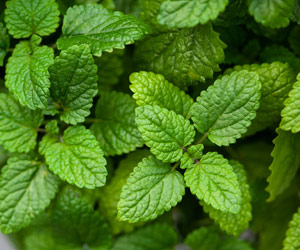
Next, Katie Stage, ND, RH (AHG) examines the latest pharmaceutical and natural research and treatment options for SIBO, IMO and gastrointestinal health. Following, a panel discussion with Jason Miller, DACM, LAc, Mary Rondeau, ND, RH (AHG) and Jillian Stansbury, ND explores multiple drug resistance.
Then the series dives into the vascular endothelial growth factor as one of the main drivers in cancer growth with Donald Yance, CN, RH (AHG). Next, Kenneth Proefrock returns to analyze botanical and nutritional interventions for opiate use disorder.
The series concludes with a presentation from Erica Zelfand, ND, as she juxtapositions SSRIs with ketamine, teaching about different paradigms for administering the drug, safety considerations, and a review of case studies.
Video presentations offer complete clinical information, with the speaker and the PowerPoint playing together in an ideal format for online learning.
(Series price of $99 includes a 99-page PDF of lecture notes.)
Continuing Education for Naturopathic Physicians: If CME has not previously been earned for the lectures listed below you can earn a total of 10 pharmacy hours + 0.5 general hours, approved by the Oregon Board of Naturopathic Medicine.
| Presentation Title and Speaker | Topic | General Hours (approved by OBNM) | Pharm Hours (approved by OBNM) |
|---|---|---|---|
| Alternatives to Polypharmacy in Conditions of Neurologic Impairment with Kenneth Proefrock, NMD | Neurological Health | 1.5 | |
| Panel: Reducing Medication Prescriptions and Side Effects in our Elders with Kenneth Proefrock, NMD, Mary Rondeau, ND, RH (AHG) and Donald Yance, CN, RH (AHG) | Elder Health | 1.5 | |
| SIBO, IMO and More! Updates on small and large intestinal bacterial overgrowth with Katie Stage, ND, RH (AHG) | Gastrointestinal Health | 0.5 | 1 |
| Panel: Botanical and other Naturopathic Therapies for Managing Multiple Drug Resistant Infections with Jason Miller, DACM, LAc, Mary Rondeau, ND, RH (AHG) and Jillian Stansbury, ND | Infections | 1.5 | |
| Targeting VEGF (Vascular Endothelial Growth Factor): A Main Driver in Cancer Angiogenesis and Growth with Donald Yance, CN, RH (AHG) | Cancer | 1.5 | |
| Botanical and other Protocols for Opiate Use Disorder with Kenneth Proefrock, NMD | Substance Use Disorder | 1.5 (or 1.5 opioid credits for AZ NDs, approved by SCNM) | |
| Ketamine in Doses Big and Small: Versatility in Treating Depression and Other Mood Disorders with Erica Zelfand, ND | Mental Health | 1.5 |
Videos included in this series:
Alternatives to Polypharmacy in Conditions of Neurologic Impairment
Kenneth Proefrock, NMD
Those diagnosed with severe neurologic impairment are frequently prescribed multiple medications to manage a variety of interrelated symptoms including pain, uncontrolled muscle tone, seizure, sympathetic storming, dyspnea, gastroesophageal reflux, and constipation. However, limited communication abilities often prevent these patients from reporting their symptoms, and polypharmacy further limits clinical assessment of symptoms and response to therapies. We discuss alternative agents and strategies for the ten most prescribed medications for this population of patients. Although we will focus on the pediatric population, much of this material will be pertinent to all ages. We will also spend some time discussing the special ramifications of neurodegenerative conditions in people as they age, with attention to the often devastating consequences of inappropriate or over-medication, which is a documented major cause of early demise in these patients. (Product Code: 22SW19)
Panel: Reducing Medication Prescriptions and Side Effects in our Elders
Kenneth Proefrock, NMD, Mary Rondeau, ND, RH (AHG) and Donald Yance, CN, RH (AHG)
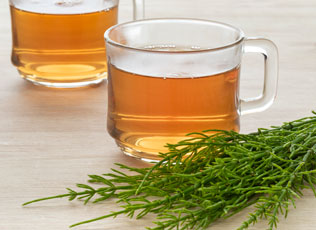 Polypharmacy in the elderly is an increasing issue and medication side effects affect this population greater than younger generations. Co-morbid conditions can make the treatment of mental health and other issues in the elderly more complex. Decreased nutritionally dense diets, decreased volume of food and waning ability of the body to absorb nutrients are all contributing factors to health challenges in elderly adults. This panel will focus on medications that can be the most problematic, concerns with polypharmacy in our elders, plus nutritional considerations and botanical medicines that are beneficial. (Product Code: 22ME23)
Polypharmacy in the elderly is an increasing issue and medication side effects affect this population greater than younger generations. Co-morbid conditions can make the treatment of mental health and other issues in the elderly more complex. Decreased nutritionally dense diets, decreased volume of food and waning ability of the body to absorb nutrients are all contributing factors to health challenges in elderly adults. This panel will focus on medications that can be the most problematic, concerns with polypharmacy in our elders, plus nutritional considerations and botanical medicines that are beneficial. (Product Code: 22ME23)
SIBO, IMO and More! Updates on small and large intestinal bacterial overgrowth
Katie Stage, ND, RH (AHG)
Small intestinal bacterial overgrowth (SIBO) is a common underlying condition in those with functional dyspepsia, irritable bowel syndrome (IBS), and persistent GI symptoms including bloating/gas, abdominal pain, and diarrhea or constipation. Identifying and treating SIBO and intestinal methanogen overgrowth (IMO) can provide lasting relief of these symptoms/conditions. This session will explore the latest research and treatment options, both pharmaceutical and natural, on this topic. (Product Code: 22ME13)
Panel: Botanical and other Naturopathic Therapies for Managing Multiple Drug Resistant Infections
Jason Miller, DACM, LAc, Mary Rondeau, ND, RH (AHG) and Jillian Stansbury, ND
Multiple drug resistance (MDR) had been identified by the CDC as a health emergency that threatens to overwhelm the medical system of the US. These “superbugs” can be very hard to eradicate and can cause serious, life-threatening conditions. Can botanicals and other natural therapies be the answer to antibiotic resistance? We discuss mechanisms of action for resistant bacteria, including efflux pump inhibition and quorum sensing. How can botanicals counteract these cellular effects? Can they be used in combination with other herbs or with antibiotics to increase their effectiveness? (Product Code: 22SW21)
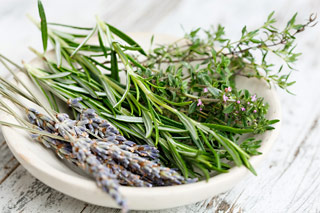
Targeting VEGF (Vascular Endothelial Growth Factor): A Main Driver in Cancer Angiogenesis and Growth
Donald Yance, CN, RH (AHG)
This lecture investigates the latest research into Vascular Endothelial Growth Factor (VEGF) as one of the drivers in cancer growth. Biomedicine has made great strides in identifying this pathway and creating drugs to address it, and these will receive a thorough review in this lecture. New research has also brought to light ways in which botanical and nutritional medicine can work in concert with these drugs toward a better outcome with reduced side effects. We also summarize potential predictive biomarkers to determine the risk-to-benefit of the use of these drugs– including pathology tests, blood tests, and some clinical pearls based on observational clues. And finally, we discuss herbal extracts and specific herbal and dietary compounds which can modulate and selectively suppress VEGF. (Product Code: 22ME20)
Botanical and other Protocols for Opiate Use Disorder
Kenneth Proefrock, NMD
Most pertinent to this talk will be the myriad of ways that natural substances can be used to promote a better calibration of the patient’s response to their self-medication. Specific botanical and nutritional interventions include Mitrogyna (Kratom), Sceletium, Alpinia, Zingiber, Verbena, Urtica, Bergamot…amino acids and their derivatives like Tyrosine. DL Phenylalanine, Phenylbutyrate, inositol, phospholipids, nutraceuticals like Piracetam, Aniracetam and Sulfiram and many more. We will discuss the processes of detoxing/withdrawal, receptor blockade, addressing the underlying causes for substance use (physical, psychological, spiritual pain and trauma vs neglect) and the role that transformative, psychedelic experiences can play in the process. (Product Code: 22SW10)
Ketamine in Doses Big and Small: Versatility in Treating Depression and Other Mood Disorders
Erica Zelfand, ND
This presentation juxtaposes SSRIs with ketamine, we will learn about the several different paradigms for administering the drug, from daily microdoses to large psychedelic “trips” and everything in between. Whether taken as an IV infusion, intramuscular or subcutaneous injection, lozenge, capsule, nasal spray, or rectal suppository, ketamine is the old-but-new drug that may help treat several mood disorders. This lecture will also include some cases from real patients, along with pointers on ketamine safety and suggestions on why the drug may not work as well in some cases. (Product Code: 22SW02)
Plus Video Series Lecture Notes in PDF Format (99-page digital book) included in the $99 package price.



